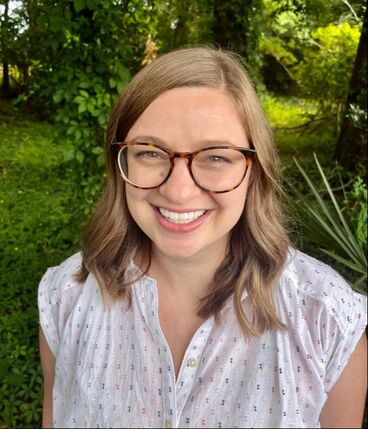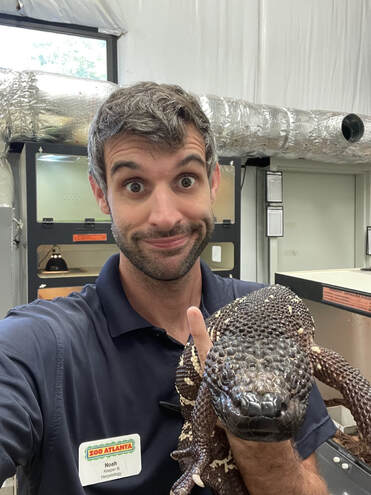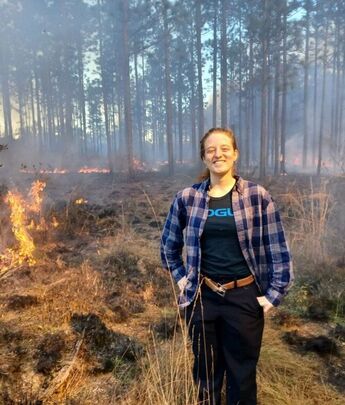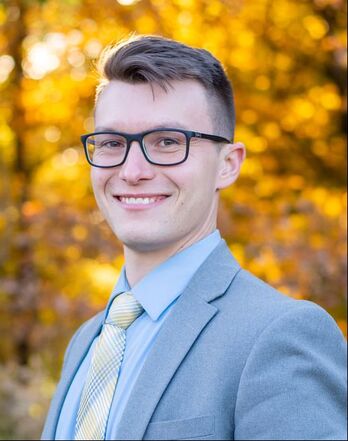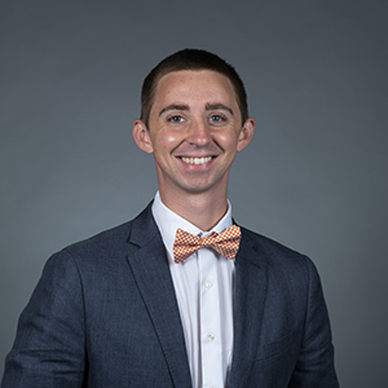Victoria M. Donovan, PhD
Lab PI
Dr. Donovan was born and raised in Ontario, Canada where she completed her undergraduate and Master's degrees. During her Master's, she studied Boreal caribou responses to forest management that focused on natural disturbance emulation. Here, she became interested in the importance of fire and other natural disturbance processes in shaping landscape structure and heterogeneity for ecosystem conservation and management. She completed her PhD at the University of Nebraska-Lincoln, where she studied the importance of fire in shaping multi-scale patterns that promote ecosystem resilience in ecotonal ponderosa pine forests and grasslands. Following a 2-year postdoc, Dr. Donovan began her appointment as an Assistant Professor of Forest Management at the the University of Florida in the School of Forest, Fisheries, and Geomatic Sciences out of the West Florida Research and Education Center (WFREC). She focuses on landscape and fire ecology, with a particular interest in understanding drivers of ecosystem resilience in the face of rapid global change and how this information can be integrated into ecosystem and natural resource management.
|
Noah CarlLab Technician
Typically found in mosquito-infested swamps, the creature they call Noah is most at home when surrounded by scaly and slimy inhabitants. Following his college years at Miami University, Noah has meandered around conducting research on frogs in Panama, cobras in Africa, and crocodilians in Florida - while even occasionally stopping to work and feed himself. Zoological institutions he has been employed at include Louisville Zoo, Mystic Aquarium, Cincinnati Zoo, St. Augustine Alligator Farm, and Zoo Atlanta. He is interested in determining the resiliency of the area's ecosystems while applying knowledge of past experiences to better understand our planet's incredible biodiversity.
|
Michaella Ivey
MS StudentMichaella loves to walk through a grassy savannah and feel the sunlight shining through the tops of the pines. Her dream is that generations yet to come will be able to enjoy healthy longleaf pine woodlands, and all her research is oriented to that goal. As an undergraduate at Georgia Southern University, she worked as assistant curator at the Georgia Southern Botanic Garden, where she gained an interest in the natural history of the Southeastern Coastal Plain. Her undergraduate research found her hip deep in shrubs and mosquitoes to determine the effect of Chinese Privet removal on wetland succession. After graduating, she traveled all over the USA, gaining experience in plant identification in Missouri, hyperspectral imaging in Texas, and LiDAR in Georgia. The crowing jewel of her experience was a year at the Jones Center at Ichauway, one of the prettiest places on this planet. Now at UF, she is currently interested in the potential for high intensity fire to restore shrub-encroached woodlands to an open savannah state.
Noah Weidig
MS StudentNoah completed a Bachelor of Science in Biological Sciences at Northern Kentucky University where he studied oviposition choice in Culex mosquitoes. In the spring of 2023, he worked for the Clinch Ranger District on the George Washington and Jefferson National Forest in Norton, VA, where he obtained his red card, fought wildfires, and assisted with prescribed burns. Later that summer, he studied the effects of wildfires on cattle grazing and rangeland ecology at the USDA Agricultural Research Services Fort Keogh Livestock and Range Research Laboratory in Miles City, MT. He is now pursuing a Master of Science in Forest Resources at the University of Florida’s School of Forest, Fisheries, and Geomatic Sciences at the West Florida Research and Education Center (WFREC). His research in the Donovan lab focuses on using remotely sensed data to determine wildfire risk in the wildland-urban interface of the US eastern temperate forests.
[email protected] | Personal Website
Alan completed his undergraduate and master's degrees at the University of Florida. During his undergraduate years, he volunteered with the National Park Service, contributing to the monitoring of non-native trout in the Grand Canyon. Following the completion of his bachelor's degree, Alan joined the Scientist in Every Florida School program at the Florida Museum of Natural History. In this role, he served as an outreach scientist, actively involved in developing and delivering curriculum to K-12 students.
Alan returned to the University of Florida for his master's studies, where he explored urban wildlife movement through stormwater sewer systems. This research sparked his interest in understanding how human activities impact the environment and the consequential effects on surrounding ecosystems. Currently, Alan is a member of the Donovan lab, focusing his research on the influence of the invasive species cogon grass on ecosystem services. |
Undergraduate Interns
Past:
Caden Shows, WFREC NRC Program
Samuel Thrasher, SFFGS Geomatics Program
Caden Shows, WFREC NRC Program
Samuel Thrasher, SFFGS Geomatics Program
